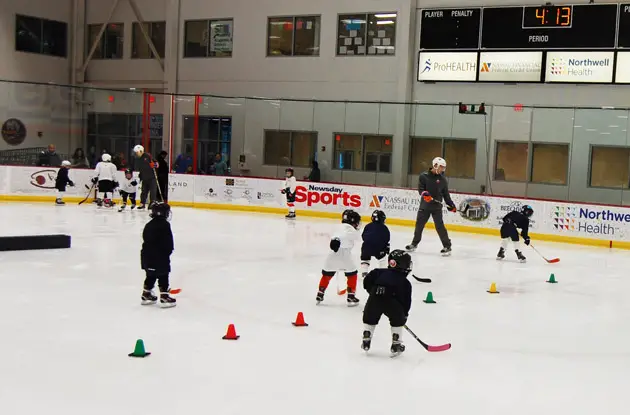Five tips for making your family’s balancing act more manageable during the school year.
 If you’re like me, the beginning of the summer is spent planning how your child’s fall schedule will look. If we wait until the very last minute, the dance and gymnastics classes will fill up, the good Little League coach’s team will be complete, and the carpools will have already been organized – without us in them. So unless you have taken care of all these things in the spring (and if you have, I envy you!), at least part of the summer is spent planning for the fall. Which brings me to my next thought…how much organized activity is necessary and healthy for kids?
If you’re like me, the beginning of the summer is spent planning how your child’s fall schedule will look. If we wait until the very last minute, the dance and gymnastics classes will fill up, the good Little League coach’s team will be complete, and the carpools will have already been organized – without us in them. So unless you have taken care of all these things in the spring (and if you have, I envy you!), at least part of the summer is spent planning for the fall. Which brings me to my next thought…how much organized activity is necessary and healthy for kids?
It is definitely important to encourage extra-curricular activities. Too much downtime is inevitably spent watching TV, playing on the computer, and bickering with siblings. In addition, it is important for kids to learn how to balance mandatory activities like homework, chores, religious education, and tooth brushing with elective, fun activities. It is also critical for kids to work on the skill of follow-through. Kids and teens should be exposed to new experiences in order to broaden their horizons. When they learn multiple sports, try different instruments, play in a chess club, they learn that one can stretch both body and brain – and perhaps find a true passion.
While creating a fall schedule for your child that encourages extracurricular exploration, it is also important to keep in mind that for all children, there is a fine line between enough activity and too much. If you follow the five steps below you can be confident that you will strike exactly the right balance:
1. Your child should have only one regular after-school activity on a given day (this includes mandatory activities like religious education). On a weekend day, it’s okay to have one mandatory activity (like religious school) and one fun activity (like soccer practice), as long as your child is happy about it.
2. The majority of elementary school age children or younger should not be formally committed to an activity more than two weekdays and one weekend day per week. Even kids who want to participate in an organized activity more often should be discouraged. They don’t realize that they are likely to ‘burn out’ physically and emotionally. It is the rare child will become professional or go to the Olympics!
3. Most kids can use one weekday off from any formal activities – usually Friday is a good day for this – so they have time to play with friends.
4. Younger kids should have activities scheduled right after school, so they aren’t tired and already settled in at home.
5. Once signed up for an activity, a child should be strongly encouraged not to miss a practice or session. It is important for kids to learn that they have a commitment to a team, that follow-through is important, and that activities cost money. Therefore, except for truly extenuating circumstances, complaining queries of “I’m tired; can I skip this week?” or “I don’t like this; can I quit?” should be met with, “You need to stick it out until the end of the semester, and then we can reconsider.”
Dr. Susan Bartell is a nationally recognized child psychologist, speaker, and award-winning author. Her latest book is The Top 50 Questions Kids Ask. You can learn more about Dr. Bartell at www.drsusanbartell.com.





















